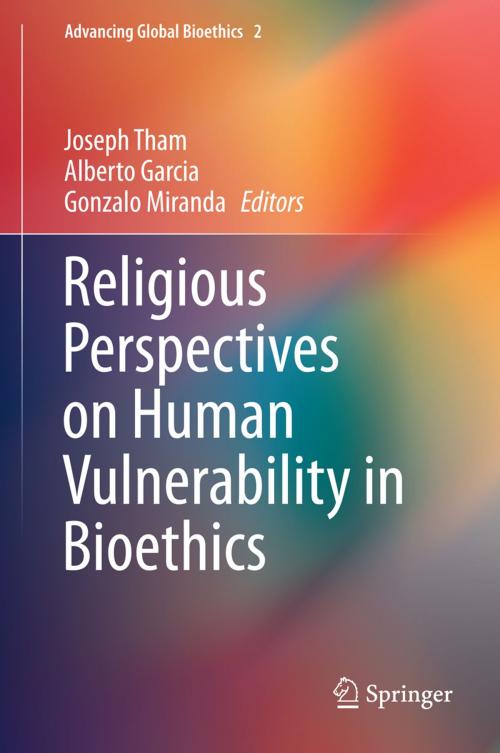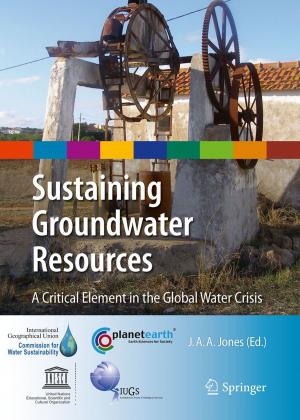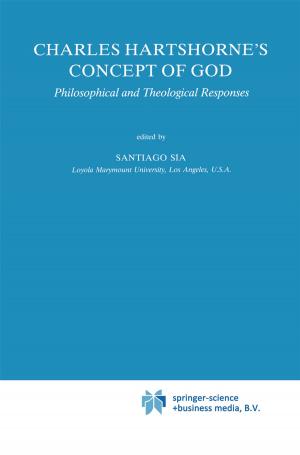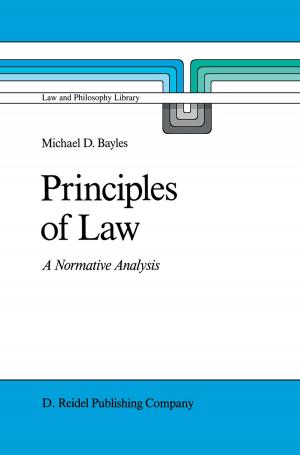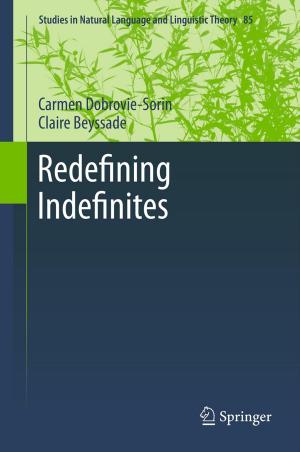Religious Perspectives on Human Vulnerability in Bioethics
Nonfiction, Health & Well Being, Medical, Reference, Ethics, Religion & Spirituality, Philosophy, Ethics & Moral Philosophy| Author: | ISBN: | 9789401787369 | |
| Publisher: | Springer Netherlands | Publication: | July 7, 2014 |
| Imprint: | Springer | Language: | English |
| Author: | |
| ISBN: | 9789401787369 |
| Publisher: | Springer Netherlands |
| Publication: | July 7, 2014 |
| Imprint: | Springer |
| Language: | English |
With the advance of biomedicine, certain individuals and groups are vulnerable because of their incapacities to defend themselves. The International Bioethics Committee as a UNESCO working group has for the last several years dedicated to deepen this principle of human vulnerability and personal integrity. This book serves to supplement this effort with a religious perspective given a great number of the world’s population is affiliated with some religious traditions. While there is diversity within each of these traditions, all of them carry in them the mission to protect the weak, the underprivileged, and the poor. Thus, here presented is a collection of papers written by bioethics experts from six major world religions—Buddhism, Christianity, Confucianism, Hinduism, Islam and Judaism—who were gathered to discuss the meaning and implications of the principle of vulnerability in their respective traditions.
With the advance of biomedicine, certain individuals and groups are vulnerable because of their incapacities to defend themselves. The International Bioethics Committee as a UNESCO working group has for the last several years dedicated to deepen this principle of human vulnerability and personal integrity. This book serves to supplement this effort with a religious perspective given a great number of the world’s population is affiliated with some religious traditions. While there is diversity within each of these traditions, all of them carry in them the mission to protect the weak, the underprivileged, and the poor. Thus, here presented is a collection of papers written by bioethics experts from six major world religions—Buddhism, Christianity, Confucianism, Hinduism, Islam and Judaism—who were gathered to discuss the meaning and implications of the principle of vulnerability in their respective traditions.
